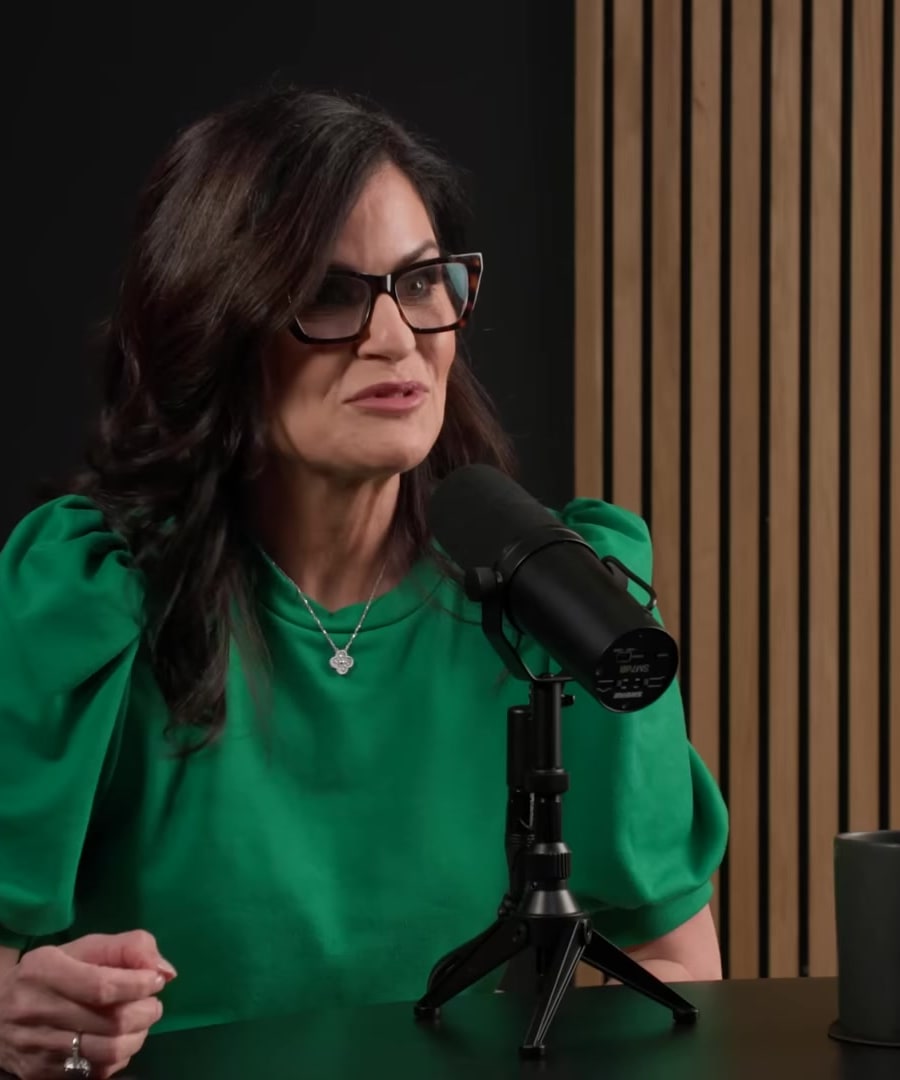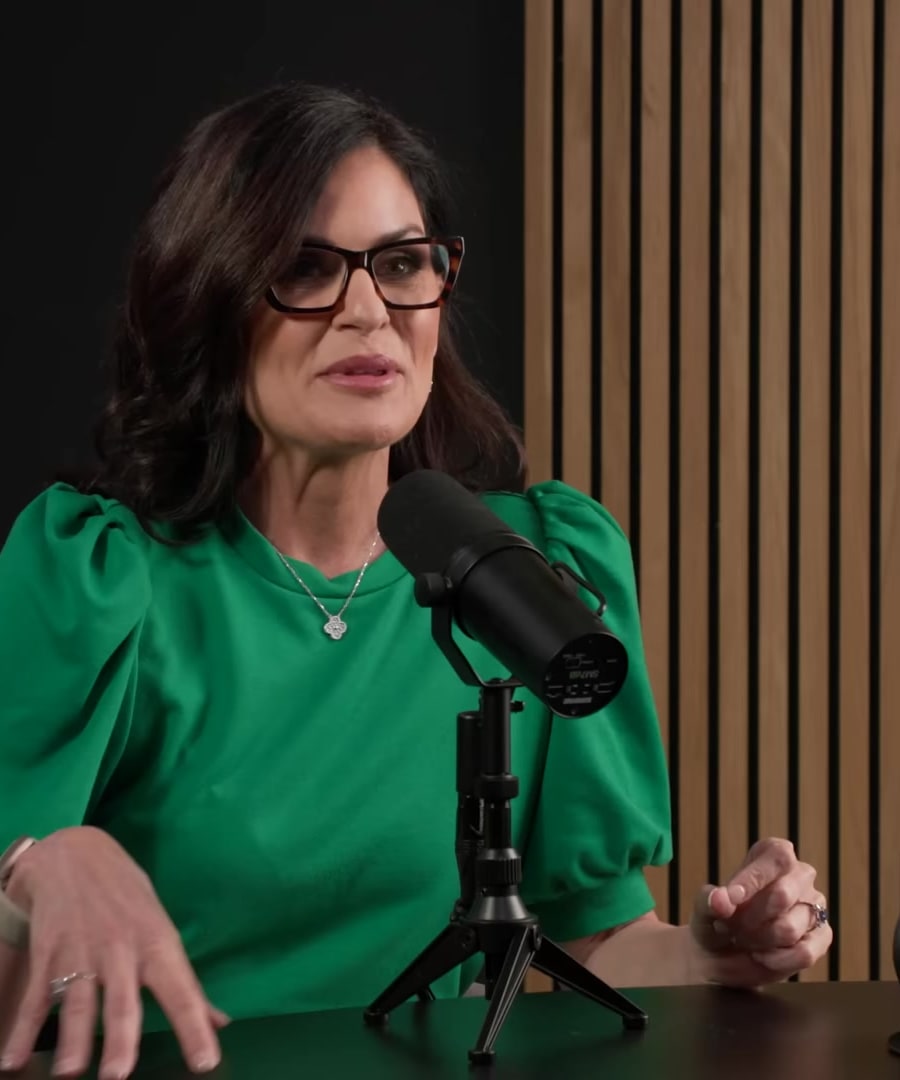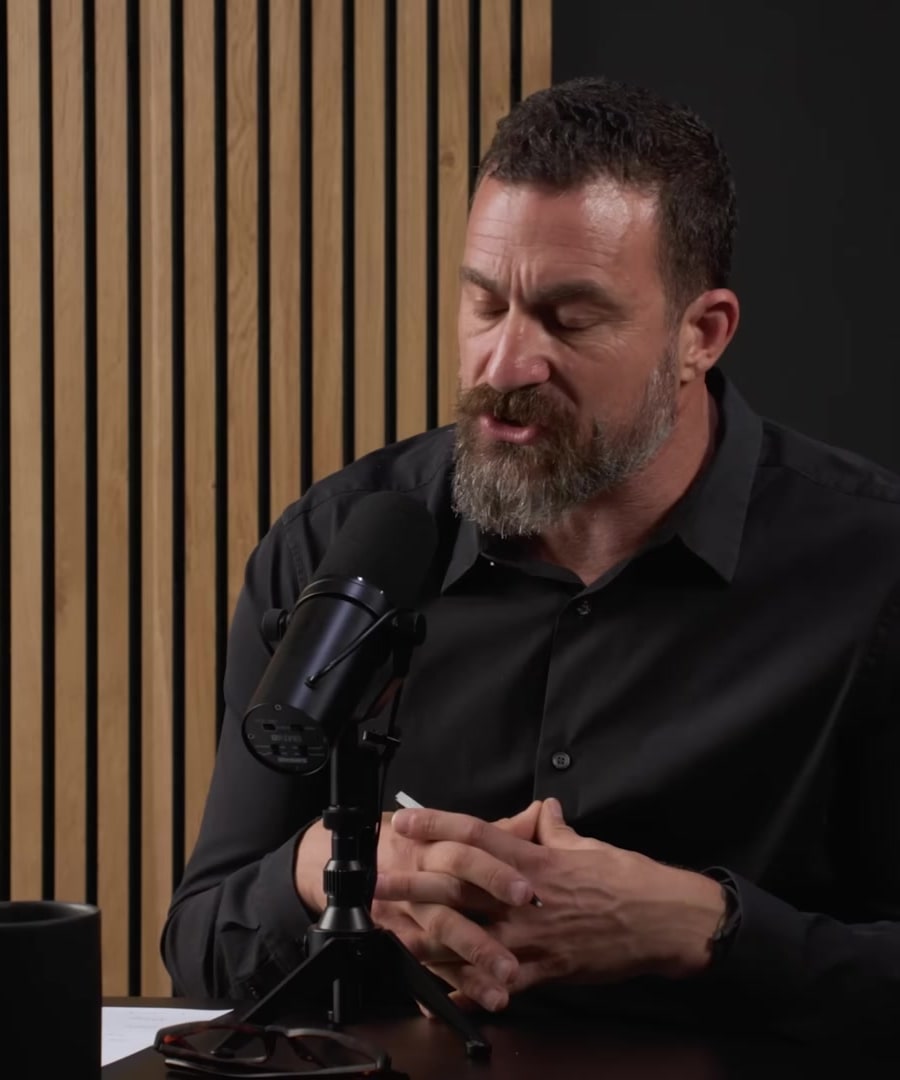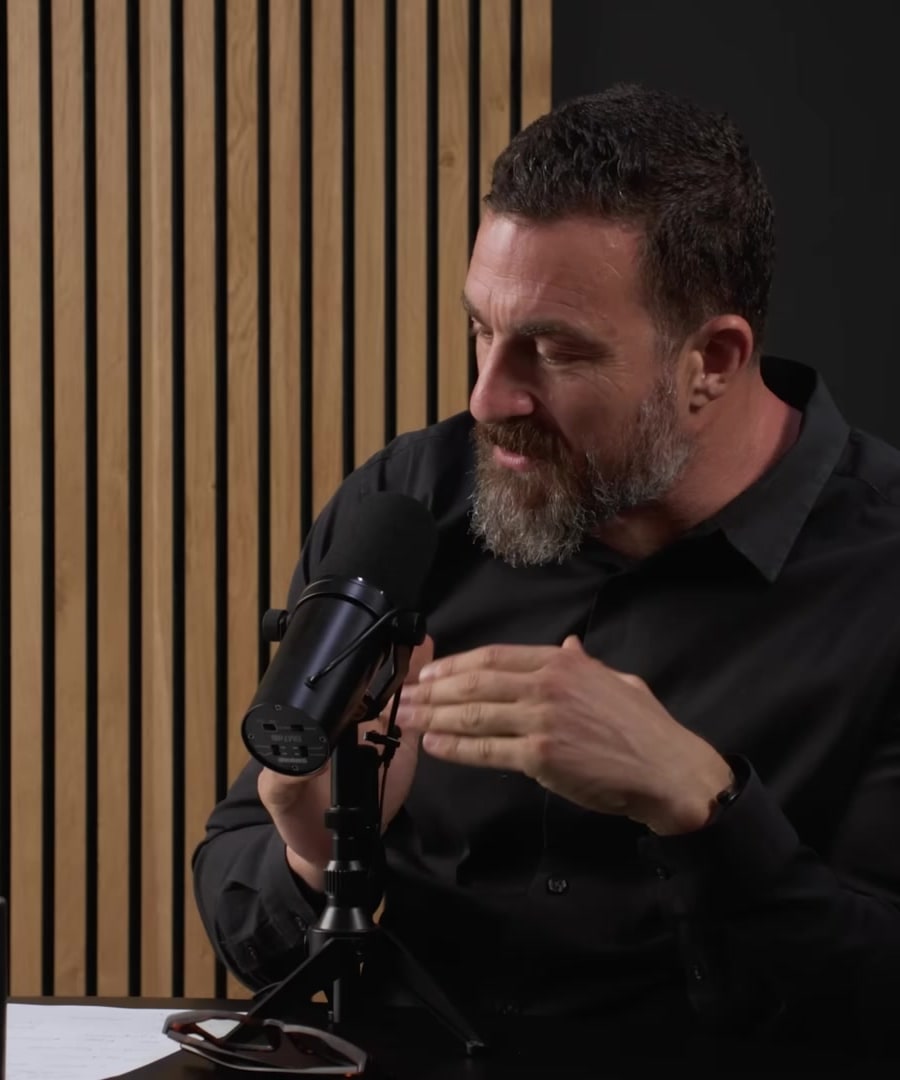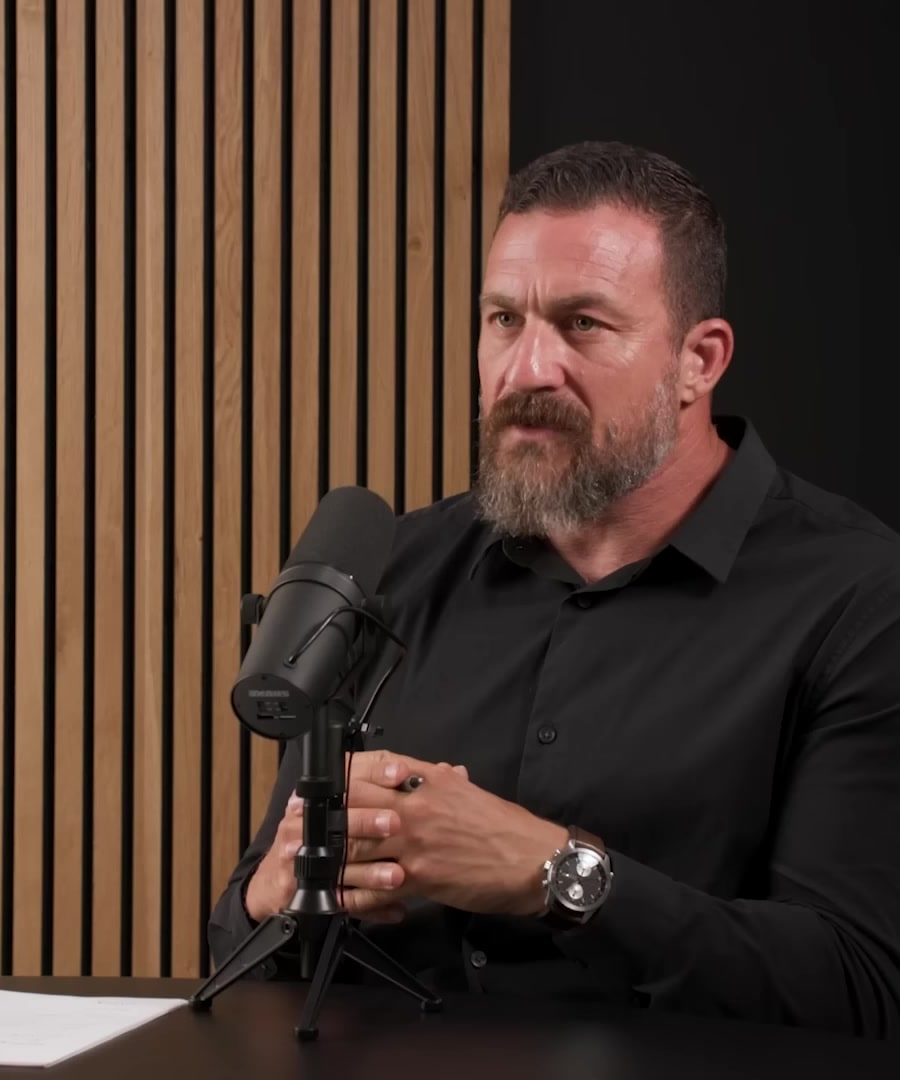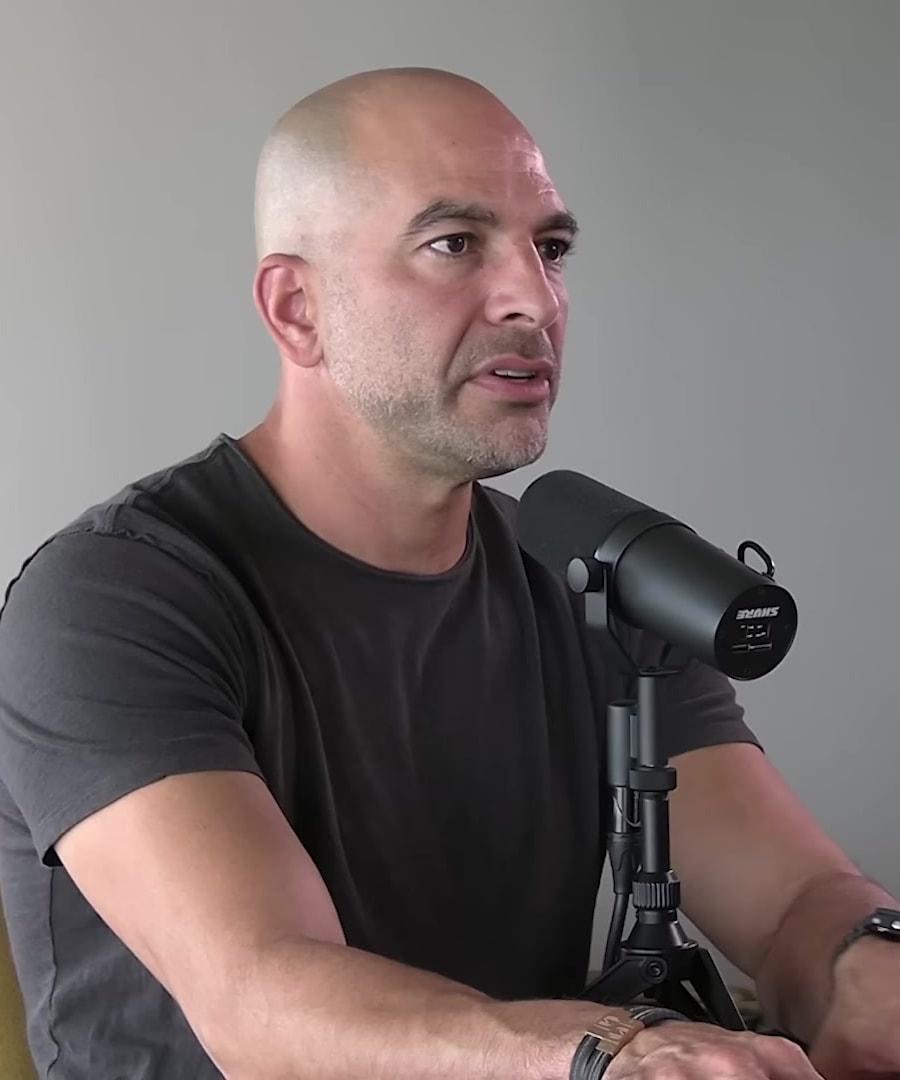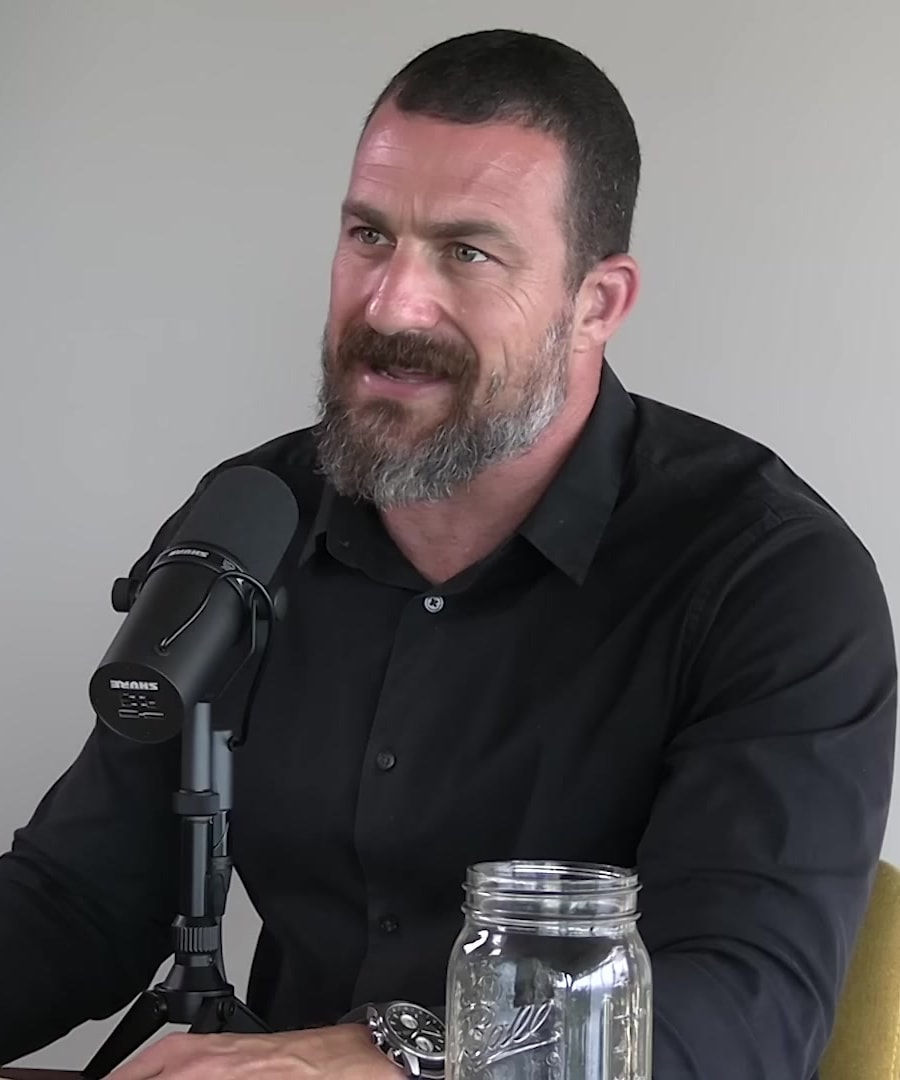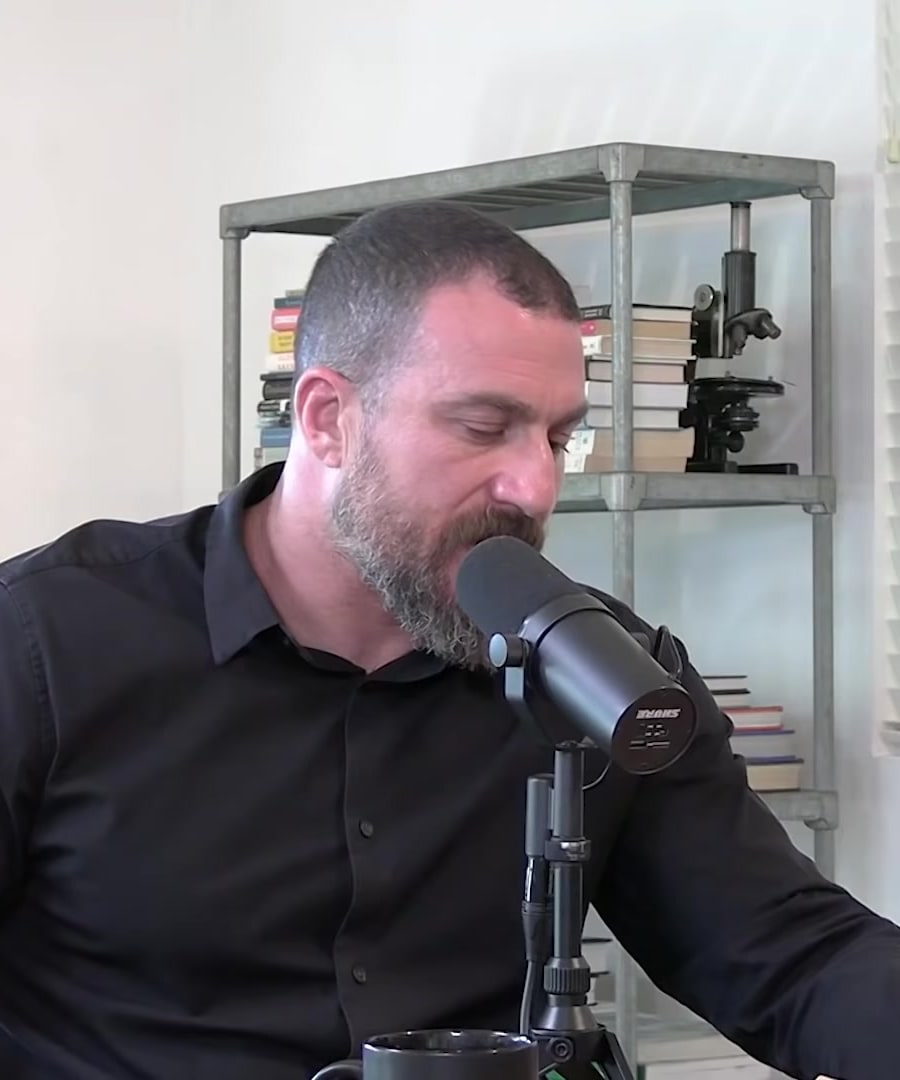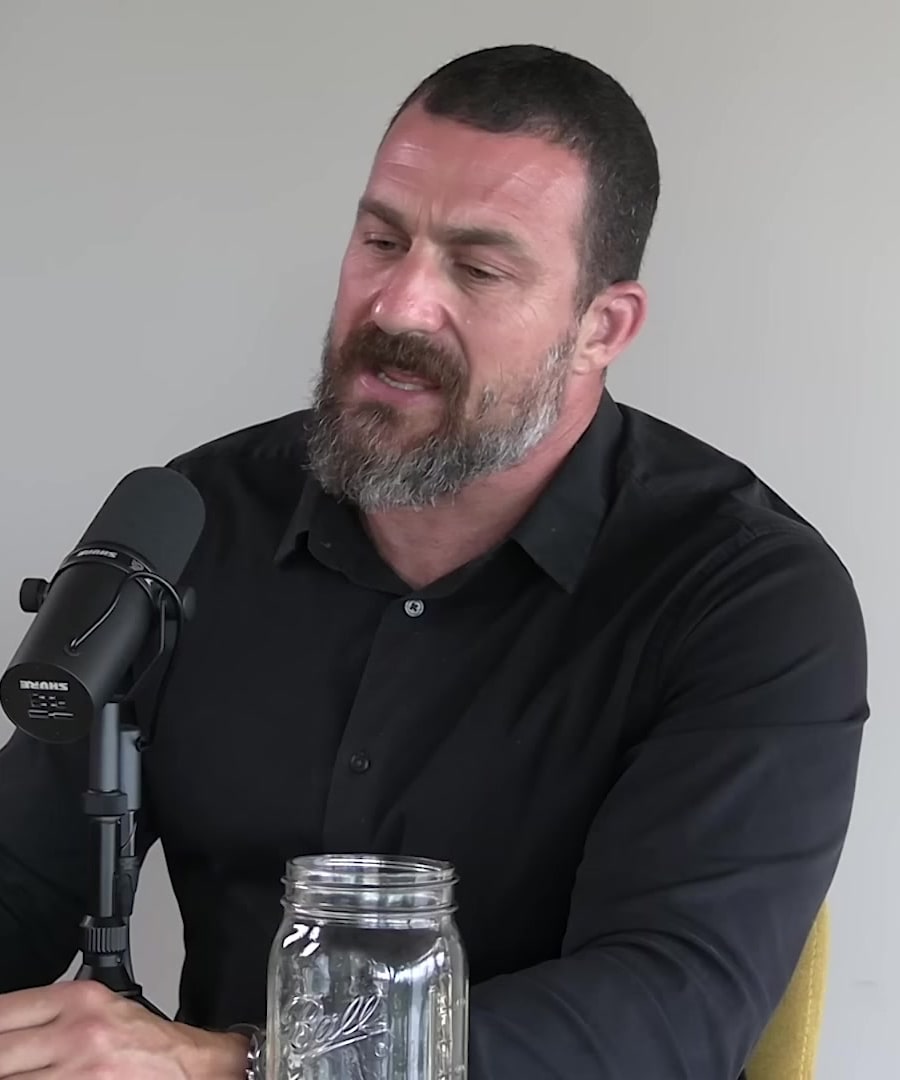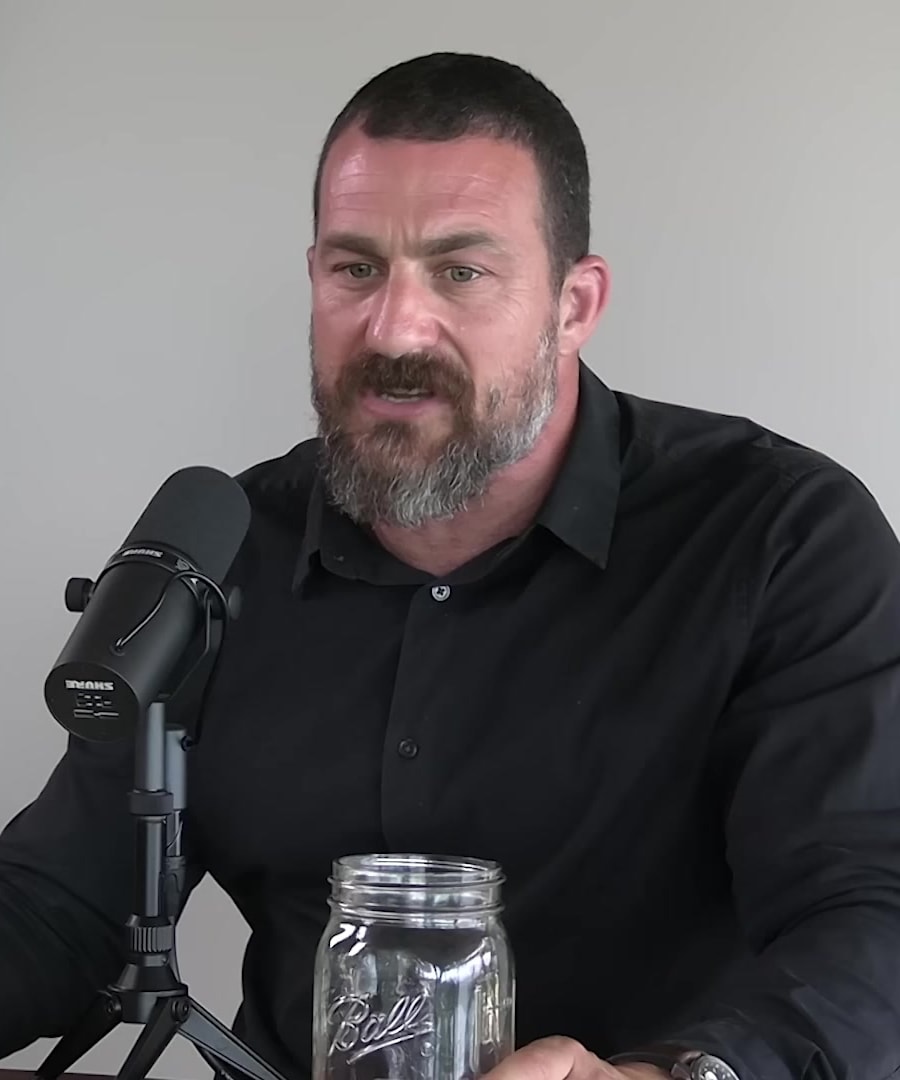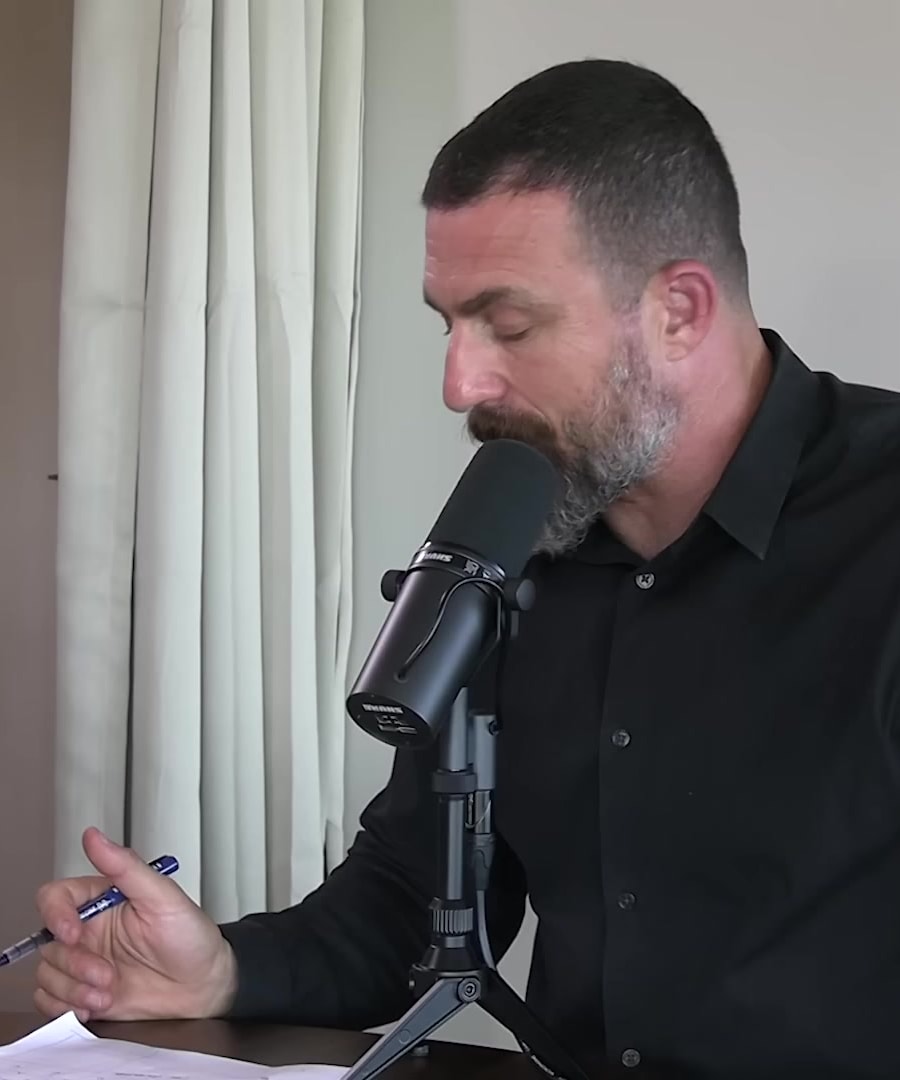Hormone therapy
Sources:
Hormone therapy is a nuanced and often misunderstood field, especially concerning women's health during and after menopause. Below are key insights from various discussions on the featuring experts like and .
Hormone Therapy for Menopause
- Timing of Therapy: Starting estrogen therapy early in menopause can lead to good outcomes. However, initiating therapy in the middle to tail-end of menopause can lead to adverse effects. This timing is critical for the efficacy of hormone therapy 1.
- Menopause and Hormone Therapy: Hormone therapy is beneficial if started within five to ten years of menopause. This period can improve cardiovascular health, bone density, and mood, among other benefits. Beyond this window, risks for conditions like cardiovascular disease increase 2.
- Misconceptions: There has been significant misinformation about hormone therapy, especially from the Women's Health Initiative study, which led to widespread fear. Reanalysis indicates many earlier findings were misinterpreted, especially regarding cancer risks 3.
Specific Conditions and Treatments
- Hypoactive Sexual Desire Disorder (HSDD): Testosterone therapy can be helpful for women with HSDD, especially when other factors like relationship satisfaction and physical pain are ruled out 4.
- Adhesive Reactions: For women experiencing skin reactions to estradiol patches, alternative forms or pre-treatment with a corticosteroid nasal spray (Flonase) can help 4.
Caution and Contraindications
- Breast Cancer: Women with a history of hormone-sensitive cancers or severe liver disease should avoid hormone replacement therapy (HRT). Additionally, unexplained heavy uterine bleeding needs evaluation before starting therapy 5.
Hormones in Younger Women
- Preventative Measures: Understanding hormonal levels in the 30s can help tailor future treatments. Low doses may be beneficial in the transition to menopause, aiming at symptom relief and overall well-being 6.
Overall, hormone therapy can be highly beneficial when timed and administered correctly, but it is not without risks or controversies. For personalized advice, consulting a healthcare provider is crucial.
RELATED QUESTIONSHormone therapy for reduced testosterone levels
Sources:
Hormone therapy for reduced testosterone levels is a multifaceted topic discussed in depth by various experts on the . Key experts like , , and Kyle Gillett provide insights on optimal approaches for managing low testosterone.
General Approach
- Testosterone Therapy: It’s critical to distinguish between testosterone replacement therapy (TRT) and testosterone augmentation therapy. TRT is for individuals with clinically low levels needing replacement, while augmentation aims to boost already normal levels 1.
- Diagnosis and Treatment: Accurate diagnosis is crucial. For younger men, low testosterone might be due to insufficient pituitary signals, which can be corrected with medications like Clomid instead of direct testosterone therapy 2.
Administration and Dosage
- Dosage and Frequency: A consistent recommendation is administering low doses of testosterone more frequently, as this avoids peaks and troughs that can cause side effects like high hemoglobin levels. Typical doses range from 100 to 120 mg per week, divided into multiple injections 3 4.
- Format and Method: The form of testosterone (injectables vs. topicals) affects its absorption and efficacy. Injectables are generally preferred for their consistent release and absorption rates 4.
Impact on Fertility
- Fertility Concerns: Exogenous testosterone can significantly reduce sperm count and quality by suppressing the body's natural hormone production. For those concerned about fertility, incorporating human chorionic gonadotropin (HCG) can maintain sperm production while on testosterone therapy 1.
- Alternatives: For maintaining fertility, treating with agents like Clomid to stimulate the body's natural testosterone production may be preferable 5 2.
Potential Risks
- Side Effects: Using aromatase inhibitors (to prevent testosterone conversion to estrogen) needs cautious management because excessively low estrogen levels can lead to issues like joint pain, memory problems, and fat accumulation 6.
- Health Monitoring: Comprehensive health monitoring is essential when on testosterone therapy to manage potential side effects across various bodily systems such as cardiovascular, dermatological, and mental health 7.
Overall, hormone therapy for reduced testosterone levels should be tailored to individual needs, with careful monitoring by a knowledgeable physician. Therapy should be based on an accurate diagnosis and should consider both the benefits and potential risks involved.
RELATED QUESTIONS
Hormone therapy
- RELATED QUESTIONS
Hormone therapy for reduced testosterone levels
- RELATED QUESTIONS


